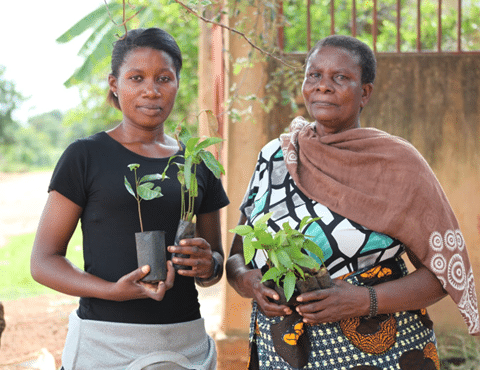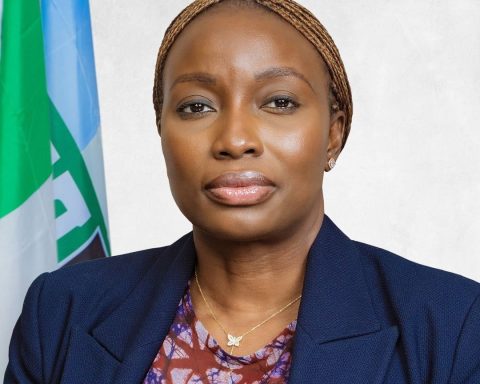Nigeria’s President, Bola Tinubu, has disclosed that the country needs over $410 billion to achieve its Energy Transition Plan (ETP) by 2060.
Tinubu stated this while outlining Nigeria’s ETP during a high-level virtual dialogue on climate and the just transition on Wednesday.
The meeting, co-hosted by United Nations Secretary-General António Guterres and Brazilian President, Luiz Inacia Lula da Silva, was aimed at accelerating global climate ambition ahead of COP30, which Brazil will host.
The meeting was attended by leaders of 17 countries, including those from the European Union, China, and climate-vulnerable countries, as well as important regional blocs like the Alliance of Small Island States, ASEAN, and the African Union.
READ ALSO: G20 Summit In Brazil: Leaders To Address Global Crises, Climate Action
According to a statement by Tinubu’s spokesperson, Bayo Onanuga, the president, while addressing the session from Abuja, described Nigeria’s ETP as “a bold, pragmatic road map for reaching net-zero emissions by 2060.”
According to him, the ETP targets five core sectors—power, cooking, transportation, oil and gas, and industry—and “identifies a financing need of over $410 billion by 2060 to achieve these goals.”
READ ALSO: Nigeria secures a record USD 3 billion towards implementation of its net-zero by 2060 ambition
The president said there are efforts to align the country’s regulatory framework and institutions to advance the goal.
“We are, therefore, in the process of aligning our regulatory environment, fiscal incentives, and institutional frameworks to ensure that energy access, decarbonisation, and economic competitiveness proceed in lockstep. We are also taking leadership on Energy Access,” Tinubu said.
The president revealed that as part of the broader energy reforms architecture, the country had finalised the Carbon Market Activation Policy in March 2025. According to him, this policy will unlock up to $2.5 billion by 2030 in high-integrity carbon credits and related investments.
While reaffirming Nigeria’s commitment to achieving a paradigm shift in which climate action and economic growth work in tandem, the president charged world leaders to demonstrate unity, courage, and sustained commitment in addressing the worsening global climate crisis.
“The global climate emergency demands our collective, courageous, and sustained leadership. For Nigeria, the urgency of this moment is clear: we view climate action not as a cost to development, but as a strategic imperative.”
The president recalled his participation in the Dar es Salaam Declaration earlier this year and Nigeria’s presentation of its National Energy Compact, which outlines reform commitments, investment opportunities, and measurable targets to expand clean energy access and clean cooking solutions.
“This compact is among the first of its kind in Africa and lays out our policy reform commitments and specific investment opportunities in the energy sector. It sets quantifiable targets to grow electricity access and increase clean cooking penetration.
“We are working to build capacity and ensure that we meet these targets, reflecting not just our ambition but also our commitment to deliver on that ambition measurably,” he said.
According to Tinubu, Nigeria is working to update its Nationally Determined Contributions (NDCs) in line with the UNFCCC. By September 2025, the country hopes to offer a thorough revision.
“Our climate strategy is not limited to planning and regulation — it is also rooted in market reform.
“We are working to position Nigeria as a premier destination for climate-smart investment through the development of a Global Climate Change Investment Fund, which will serve as a platform to blend public and private capital, de-risk green infrastructure, and finance clean energy solutions at scale,” he said.
He said the fund will help in achieving important national priorities like regenerative agriculture, e-mobility infrastructure, green industrial centers, and mini-grids for under-served communities that use renewable energy.













